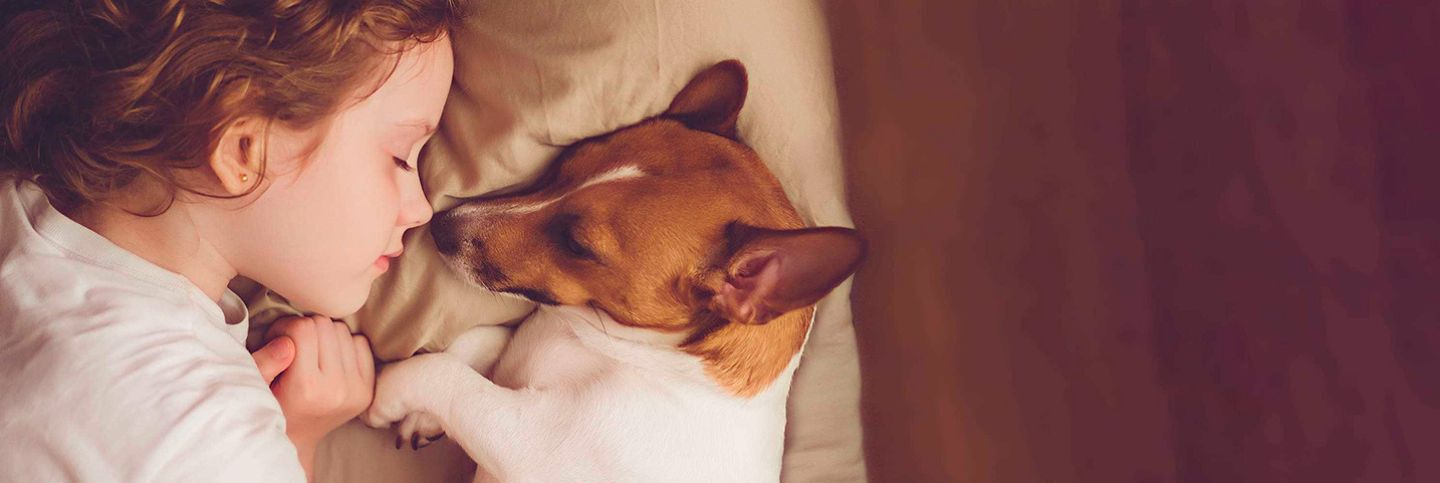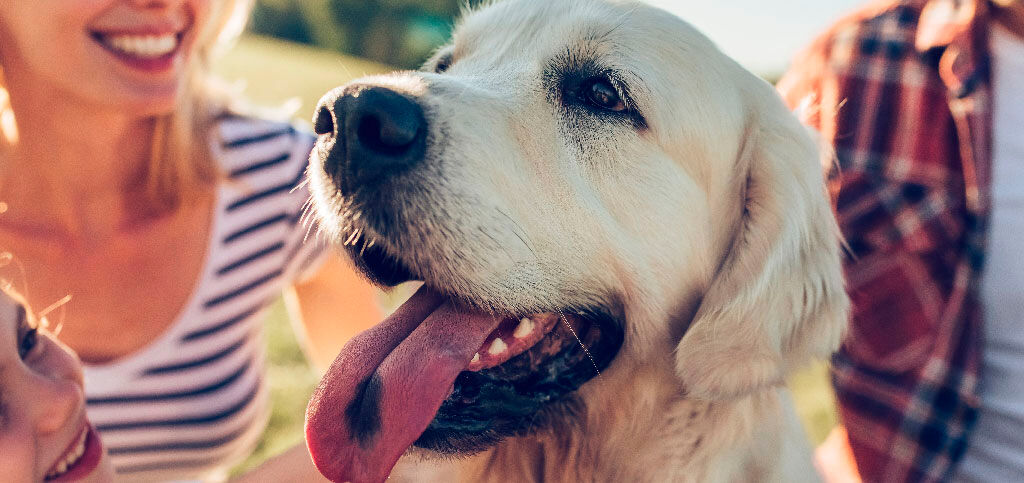What influences a dog’s behaviour?
When you’re considering for the best dogs for children, you need to look beyond the characteristics of any particular breed, and study the behaviour of the individual dog.
Behaviour refers to the way the dog relates to his surroundings, and there are two important factors here: genetics and environment.
Genetic factors:
Genetics has a powerful influence on each dog’s behaviour. The character of the parents usually has a strong bearing on the temperament of their offspring, the way they’ll respond to stimuli. For example, a dog could be shy, daring or excitable.
Environmental factors:
The dog's experiences, mainly as a puppy, will also be decisive in affecting his behaviour.
These are some of the key factors:
- The mood and health of the mother during pregnancy. Stress will influence the puppies’ future behaviour.
- The mother’s presence during the first weeks of life. The absence of the mother can lead to certain behavioural problems, such as anxiety and aggression.
- The socialisation period. Between approximately 2 and 16 weeks of age, the puppy should associate with other dogs, adults and children so that he’ll have good relationships with them in the future. Furthermore, he needs to have contact with as many of the stimuli that will become a part of his everyday life as possible in order to avoid behavioural problems.
What are the best dogs for children like?
- Temperament: it’s best to choose one that’s not excitable, shy or impulsive.
- Energy level: you need a dog that’s alert, who wants to play and learn, but without being overly energetic.
- Size: size isn’t important when considering the best dogs for children, so it’s up to you.
- Sociability: you should look for a dog who has no problems relating with people of all ages, or with other animals.
What do you need to look out for when choosing your new friend?
In puppies:
- That he’s spent the first 7-9 weeks of his life with his mother.
- Above all that he’s already been through the socialisation period, that he’s had contact with other dogs and different types of people, including children.
- That his parents are placid and sociable.
- When you go to visit him, he comes to you (to both adults and children) and wants to get to know you. Ideally that he doesn’t hide in a corner, or rush towards you without taking a look first.
- That he isn’t overly excitable.
In adult dogs:
- That he’s not overly fearful.
- That he shows no signs of aggressivity.
- That he greets both adults and children affectionately.
- That he’s not too excitable.
When you’re looking for the best dogs for children, adopting an adult dog can be the best option, as you’ll know in advance what he’s like, and how he relates with his surroundings.

The best breeds of dog for children
As we said earlier, when you’re looking for the best dogs for children breed isn’t the most important factor, although in some breeds it is easier to find a dog with the right temperament.
- Labradors and golden retrievers
Are usually placid, friendly dogs that are easy to train. That said, try to avoid the working strains of labrador, as they’re too energetic.
- Boxers
Are often called ‘babysitting dogs’, as they usually have a very sociable, playful temperament. Although some of them can be overly energetic...
- Shih tzus
Are a small breed, and are generally placid and friendly.
- Small or medium-sized poodles
Have quite a bit of energy, but they’re usually very willing to play and learn, which puts them among the best breeds of dog for children.
- English or French bulldogs
These breeds are often placid and sociable too.
When you’re choosing the best dog for your children, you need to take into account how the dog was raised, his socialisation, and above all his temperament. Focusing solely on breed can be a mistake, as within any one breed you’ll find a lot of differences in behaviour among individual dogs.
 Copy link
Copy link
 Publish on Facebook
Publish on Facebook
 Publish on Twitter
Publish on Twitter
 Publish on WhatsApp
Publish on WhatsApp
